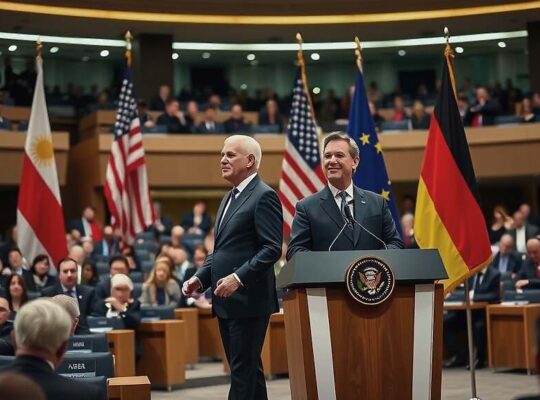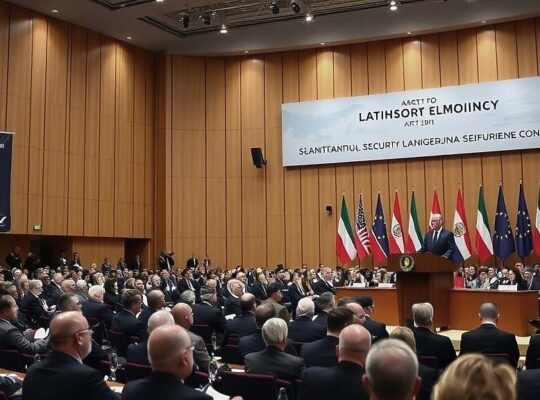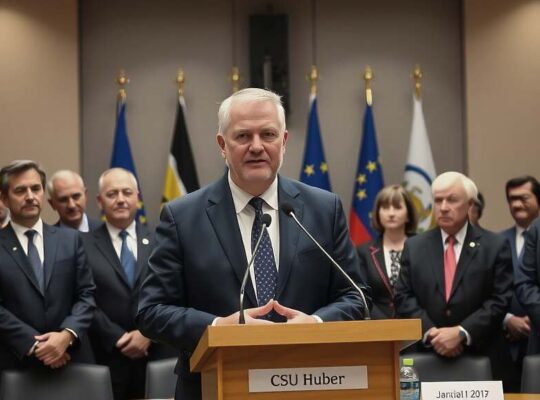The outgoing chairman of the Munich Security Conference, Wolfgang Ischinger, has cautioned against public criticism of China, sparking debate over the appropriate avenues for addressing concerns regarding Beijing’s policies. In remarks to “Welt am Sonntag” Ischinger emphasized a foundational tenet of diplomatic practice: “Great powers react sensitively to public lectures”. He suggested that voicing criticisms privately is often a more effective strategy.
This advisory comes in the wake of German Foreign Minister Johann Wadephul’s recent cancellation of a planned trip to China. Wadephul’s decision followed prior public statements criticizing China’s tacit support for Russia’s war in Ukraine and Beijing’s actions in the Indo-Pacific region. While Ischinger characterized Wadephul’s cancellation as a minor diplomatic inconvenience, the situation underscores a growing tension between Germany’s economic reliance on China and its commitment to upholding democratic values and international norms.
Ischinger’s assessment highlights a deeper problem – a perceived lack of unified European policy toward China. He lamented the fragmented nature of the EU’s voice, arguing that Beijing views the bloc as a collection of fragmented entities, with Germany often positioned as the loudest representative. “Europe speaks too often with 27 voices” he stated, advocating for a common strategic objective to strengthen the EU’s negotiating position.
Beyond mere rhetorical alignment, Ischinger’s warning implicitly acknowledges a crucial vulnerability: Germany’s reliance on Chinese imports and investment. He rebuked the tendency to simply condemn China, arguing that this overlooks the choices that led to those dependencies. “It’s wrong to simply demonize China because we’ve become dependent. We made that dependency voluntarily-because it was cheaper”. His solution involves prioritizing diversification away from Chinese supply chains, not a complete decoupling. He stressed the need for proactive measures-both from private businesses and through government support, particularly for strategically vital resources like rare earth minerals-to facilitate this transition.
The implicit criticism extends to German businesses, whose pursuit of cost-effectiveness has prolonged the dependence on China. Ischinger’s remarks represent a call for a renewed prioritization of long-term economic and strategic resilience, questioning whether the perceived short-term benefits of cheap Chinese goods have outweighed the geopolitical risks.












